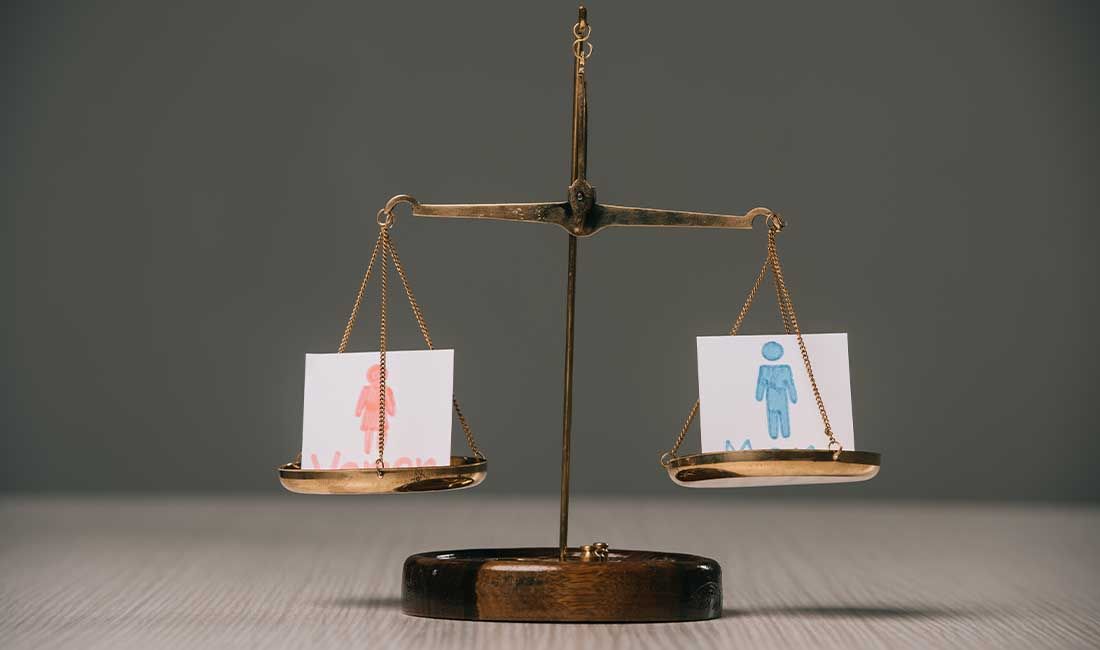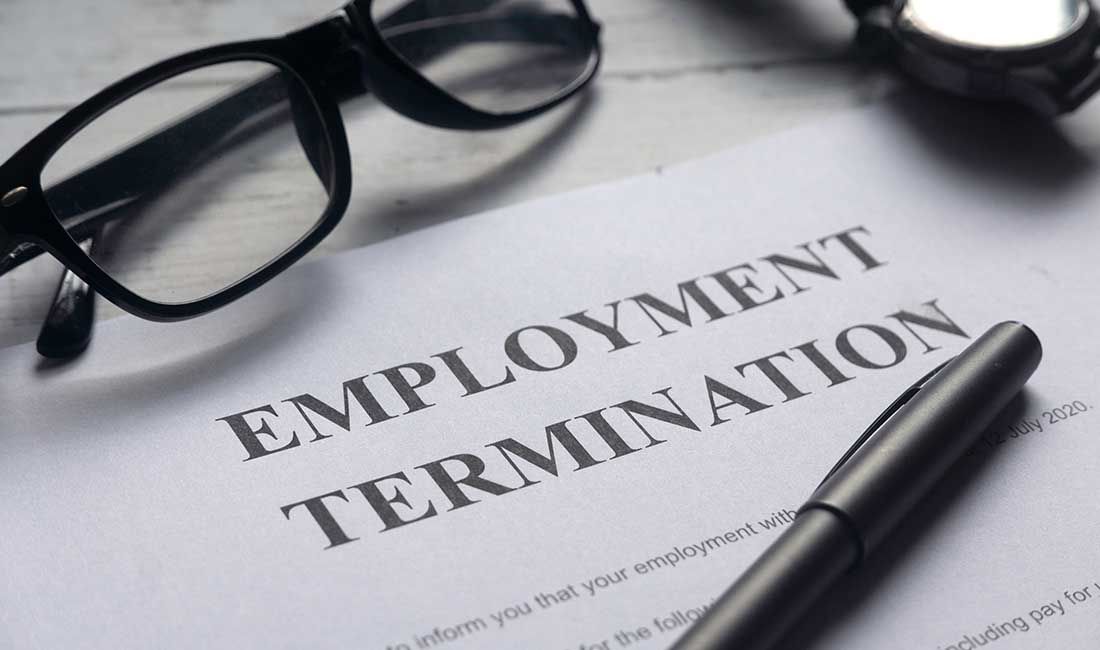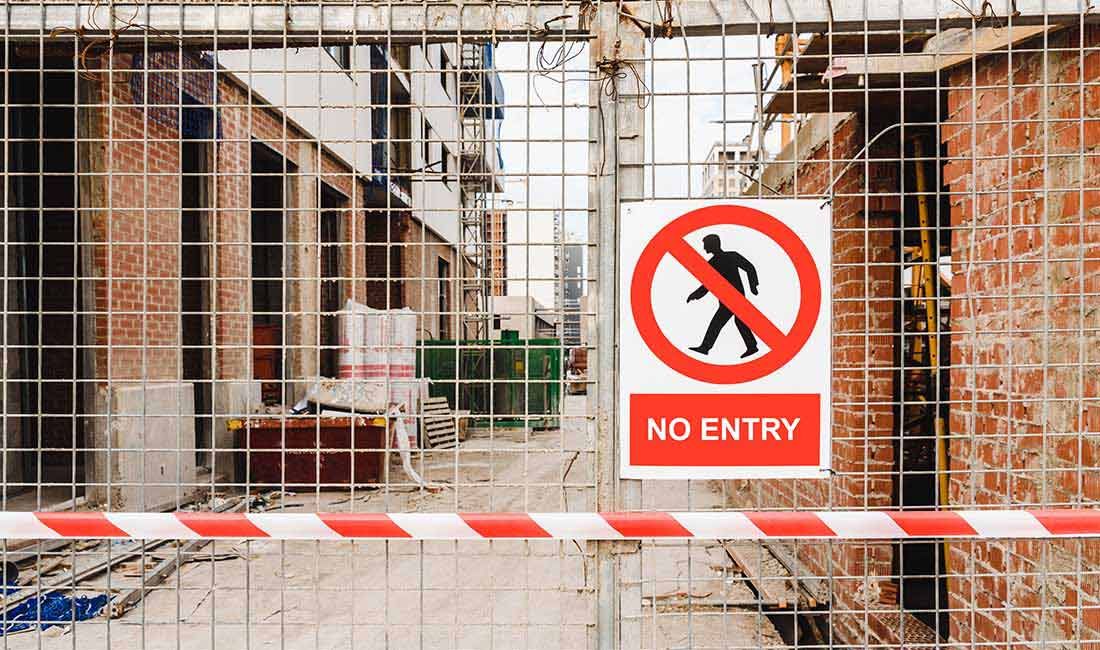Half of British Women Faced Sexual Harassment

| W.E.U Admin | Workplace Wellbeing
TAGS: Workplace
Sexual harassment at work remains a pervasive issue in the UK, affecting over half of all women surveyed. A recent TUC report in collaboration with the Everyday Sexism Project reveals alarming statistics about unwanted advances, demeaning comments, and the widespread underreporting of incidents.
Key Findings of the Survey
Scope: The online survey covered 1,533 adult British women who are either currently working or have been in paid employment. It included women from diverse backgrounds, including those of Black and minority ethnic origin.
Prevalence: 52% reported experiencing some form of sexual harassment at the workplace, ranging from unsolicited touching to inappropriate jokes.
Age Group Most Affected: Approximately one-third of incidents involved women aged 18–24.
Perpetrators: In 88% of cases, the perpetrators were male, and nearly 20% of women were harassed by someone in a position of authority, such as a line manager.
Underreporting: Four out of five women did not report the harassment. Reasons included:
- Fear of damaging workplace relationships (28%)
- Concerns over career prospects (15%)
- Embarrassment (20%)
- Belief they would not be taken seriously (24%)
Types of Harassment Experienced
According to the “Still Just a Bit of Banter?” report, respondents faced:
- Unwelcome sexual jokes (32%)
- Comments about body or clothing (28%)
- Unwanted touching of knee or lower back (23%)
- Verbal advances (20%)
- Attempts to kiss (12%)
Expert Reactions and Recommendations
Frances O’Grady, TUC General Secretary: “Sexual harassment is undermining, humiliating, and can have a huge effect on mental health. Employers must adopt a zero-tolerance policy and handle complaints seriously.”
Laura Bates, Founder of The Everyday Sexism Project: “These findings highlight the shameful extent of harassment. There is no place for such behaviour in modern workplaces.”
Support and Resources
If you have experienced sexual harassment at work, you are not alone. The Workers of England Union urges affected members to seek advice and support. Contact our office to speak with an adviser—your welfare is our concern.
For more information, visit our related article on sexual harassment at work and learn how to protect your rights and well-being.
workersofengland.co.uk | Independent Workers Trade Union
This Article is Tagged under:
Workplace
Share Article
Most Popular Articles
Related Information Items
-

Why Treating Employees as Individuals Is Good for Business
| W.E.U Admin | Personal Development & Support
















